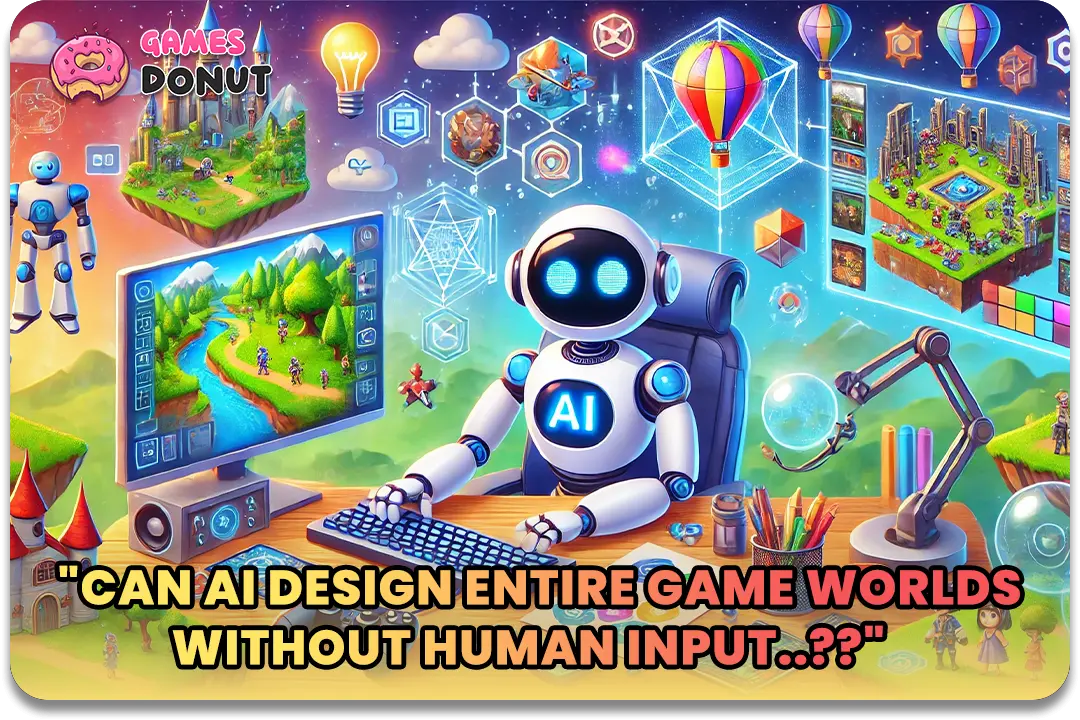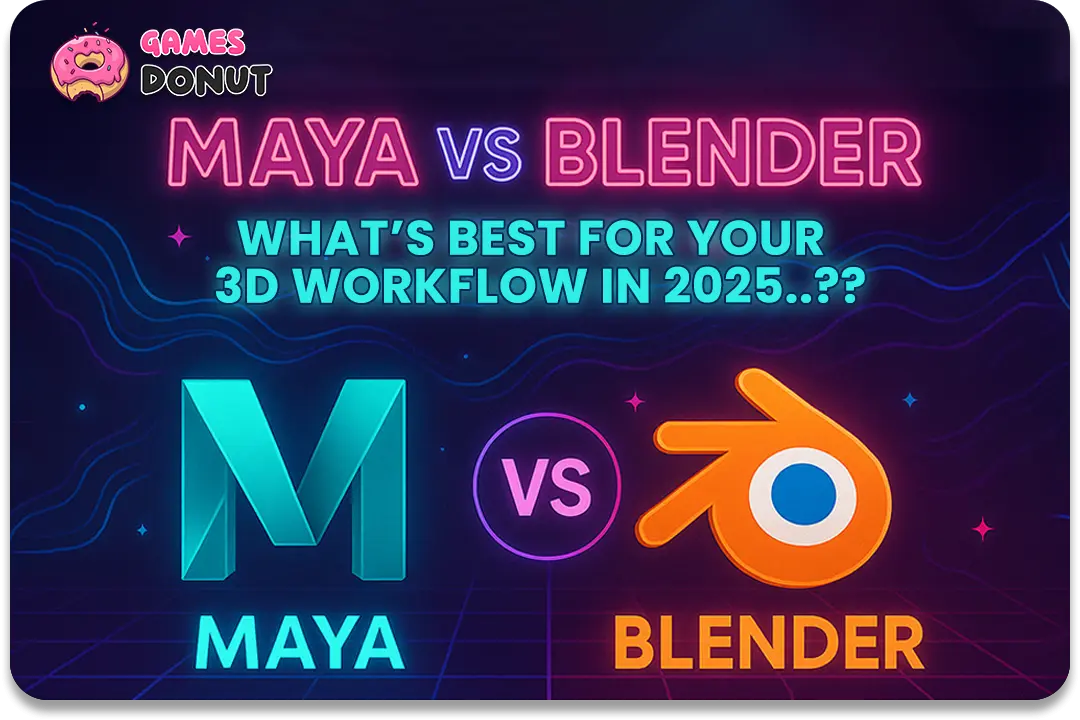Mobile gaming has transformed the entertainment industry, captivating billions with immersive experiences. Behind every mobile game lies a developer’s choice of programming language, each tailored for specific challenges and platforms. If you’re an aspiring game developer or curious about the technical backbone of games, here’s an in-depth look at the top five programming languages shaping mobile game development today.
1. C++: The Performance Powerhouse
C++ remains a gold standard in game development for its unmatched performance and flexibility. Known for delivering high-speed applications, it’s widely used in mobile games with intensive graphics and physics.
Why C++ Stands Out:
- Offers unparalleled control over system resources and hardware.
- Efficient for large-scale game development requiring optimization.
- Compatible with game engines like Unreal and Cocos2d-x, widely used for creating cross-platform games.
Real-World Impact:
From "PUBG Mobile" to other graphically intensive games, C++ ensures smooth gameplay even in high-demand situations.
2. C#: The Unity Champion
C# dominates mobile game development, thanks to its integration with the Unity engine. Unity's ease of use and vast asset store have made it a favorite among developers creating 2D and 3D mobile games.
Why Choose C#:
- Intuitive and beginner-friendly for game scripting.
- Supports rapid prototyping, allowing developers to test concepts quickly.
- Integrates with multiple platforms, reducing time spent on porting games.
Unity’s Role:
C# empowers games like "Among Us" and "Monument Valley," demonstrating its versatility across genres.
3. Java: The Android Essential
As the backbone of Android development, Java remains indispensable for mobile game creation. With extensive libraries and robust community support, it allows developers to build feature-rich games efficiently.
Strengths of Java:
- Native support for Android, ensuring seamless performance.
- A wide range of APIs and frameworks for enhanced functionality.
- Ideal for indie developers due to its simplicity and vast documentation.
Iconic Java Games:
From "Flappy Bird" to other addictive titles, Java has proven its staying power in mobile gaming.
4. Kotlin: The Modern Android Marvel
Kotlin, endorsed by Google as the official Android development language, has gained popularity for its concise syntax and modern features. Its interoperability with Java makes it a flexible tool for developers transitioning to newer projects.
Why Kotlin Matters:
- Simplifies code, making it easier to maintain and debug.
- Provides better safety features, reducing common programming errors.
- Perfect for games that leverage Android’s latest capabilities.
Kotlin in Action:
Many emerging mobile games leverage Kotlin for faster development cycles and efficient coding.
5. Swift: Apple’s Gaming Language
For iOS games, Swift reigns supreme. Designed to optimize Apple’s ecosystem, it simplifies the development of visually stunning and high-performing games for iPhones and iPads.
Key Benefits of Swift:
- Highly interactive and user-friendly.
- Provides real-time feedback through Swift Playgrounds.
- Excellent for tapping into Apple hardware features like the gyroscope and Metal API.
Swift in Gaming:
Titles like "Sky: Children of the Light" highlight the visual and technical excellence Swift enables.
The Future of Mobile Game Development
The mobile gaming landscape is ever-evolving, with new languages and tools constantly reshaping how games are created. Innovations like augmented reality (AR) and virtual reality (VR) are introducing new demands for efficiency, compatibility, and creative design. By mastering these five languages, developers can position themselves at the forefront of mobile gaming innovation.
Whether you aim to build immersive RPGs or addictive puzzle games, understanding these programming languages will give you the edge you need to craft exceptional gaming experiences. Ready to embark on your journey? Pick a language, download a game engine, and let your creativity take over..!!




